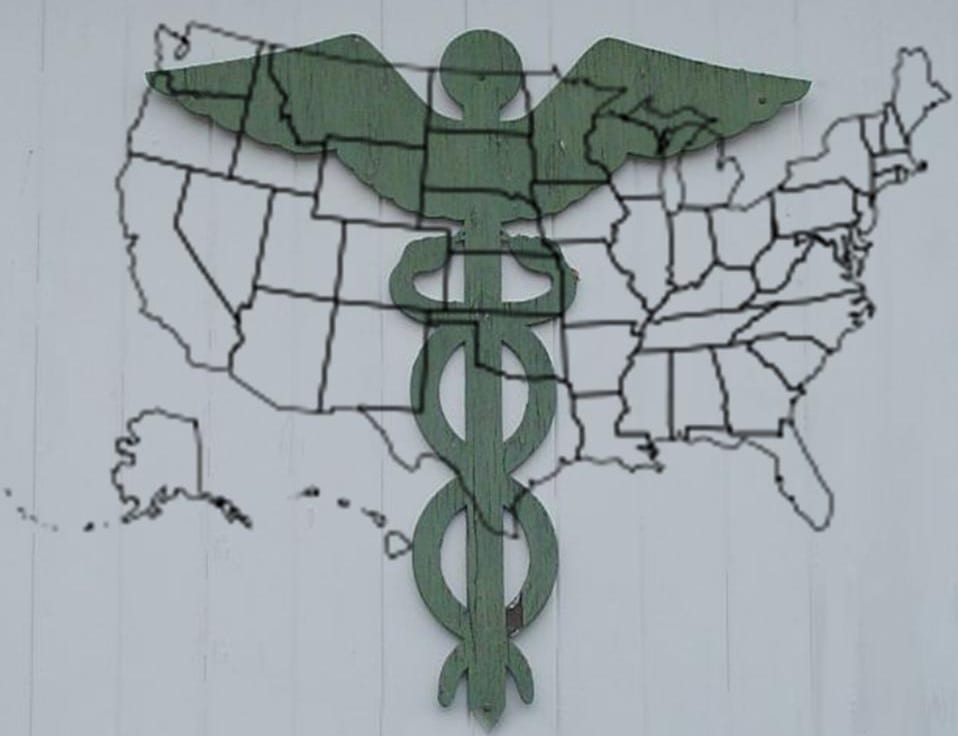 Lawmakers continue to wrangle with health insurance requirements
Lawmakers continue to wrangle with health insurance requirements
The Affordable Care Act will become fully enacted next year, leaving states throughout the U.S. relatively little time to comply with the federal law’s numerous provisions. One of these provisions, in particular, has been somewhat controversial in several states. That is the mandatory expansion of Medicaid. While the Medicaid program is, technically, overseen by the federal government, each state has its own division of the program which they are required to govern. Per the Affordable Care Act, all states must expand their Medicaid program in order to broaden the access people have to health insurance coverage.
Law calls for expansion of Medicaid program
The federal health care law, and its numerous provisions, have no shortage of opponents. Many lawmakers and political officials throughout the U.S. have devoted much of their time to combating the Affordable Care Act, suggesting that the law would shatter the health insurance markets and put inordinate strain on consumers and businesses alike. Where Medicaid is concerned, many lawmakers believe that expanding the program is, quite simply, more trouble than it is worth. An expanding Medicaid program would make health insurance coverage more available, but would also make the program itself more expensive, requiring states to institute a surcharge on certain policies in order to recoup potential losses, immediately making affordable health insurance something of a misnomer.
States suggest alternative measure
There may be an alternative to expanding Medicaid, however; a notion that has been gaining popularity among opponents of this particular provision. More lawmakers are beginning to consider the possibility of using federal funds to purchase private health insurance coverage for those that need it. Lawmakers in Ohio, Louisiana, Florida, and Arkansas suggest that using federal subsidies to cover the premiums of private health insurance coverage for those eligible for the Medicaid program could be more beneficial than the plans outlined in the Affordable Care Act.
States must clear hurdles in order to win support from federal government
The Department of Health and Human Services (HHS), which oversees the implementation of the federal health care law, has shown its openness to the idea. The federal agency has been very flexible when it comes to how states want to comply with the federal law, as long as they do, in fact, comply. States interested in this alternative measure must prove that health insurance coverage through the private market is comparable to the costs associated with the Medicaid program. States must also ensure that private policies offer identical coverage for all consumers, otherwise the support offered by the HHS will vanish.
